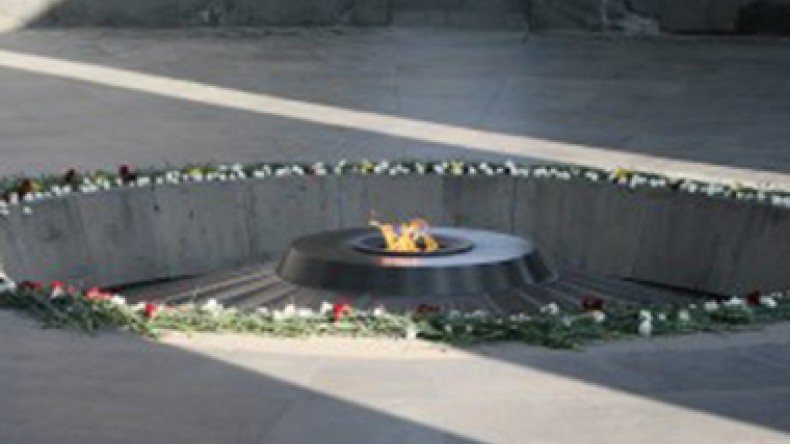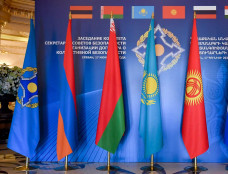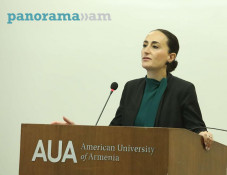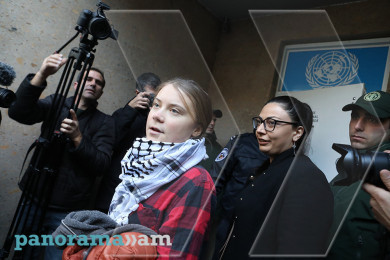
The Armenian genocide: the tragedy worth remembering
By Anatolie Vataman
Nouse
The 24th of April marks an official 100th anniversary of the Armenian genocide, an event often recollected with bitterness by the Armenian Christian Church and the Christian community in the Central Asia and Eastern Europe. This date should serve us as a timely reminder that even in the age of reason and human progress such unlawful and terrible violations can happen, which often result not only in tragedy for each affected individual and his/her family, but also as a terrible tragedy to a one country and one nation. Unfortunately, as the international community entered the 21st century, it had increasingly forgotten about local tragedies and problems, as it tends to focus on big events and processes, such as management of globalization, economic development and concept of security (which are undoubtedly are important matters of concern). Yet, at this time of year, we should remember that a successful, stable and secure human future does depend on all of us and particularly on our ability to learn important lessons from previous historical experiences. In case of the Armenian genocide, few of these lessons must be outlined specifically:
Politically, the Armenian genocide was not a coincidence, but a result of a deliberate state-led policy by the union, which wanted to consolidate their personal elite position and the geopolitical standing of Turkey in the light of the dissolution of the Ottoman Empire. Thus, the perpetrators and organizers had clear intentions and objectives, which they wanted to realize through mass killings of innocent people. This shows that international community should today not only get increasingly involved in the affairs of the sovereign nations in order to prevent the occurrence of the future tragedies, but should supplement these efforts with elaborating a clear, cohesive legal definition the human rights violations and the enforcement mechanisms for their realization.
Geopolitically, Turkey was able (and is still able) to deny the genocide only due to the support of other states, particularly the Western nations. While the genocide was perpetuated by an elite party within Turkey, this party was rapidly overthrown by a popular rise, which culminated in a victory of a more moderate political organization. In the direct aftermath of these events, Turkey was able to get international silence because it moved towards building positive relations with the West, which were very reluctant to either mention or condemn past failures of the Turkey at the international community level. Furthermore, with the beginning of the Cold War, Turkey became one of the main allies of the West in the ideological battle among superpowers, and criticizing your allies during Cold War was considered both as a dangerous step for strategic reasons and as a silly diplomatic mistake, which might endanger the status of the relations on a long-term basis. Today, as the deterioration of Western relations with Russia becomes evident, we risk the repetition of the mistakes of the Cold War era, as the failure to condemn a human rights violation create strong incentives for its repetition in future.
In such context, we should always remember the date of the 24th of April as an indispensable part of our collective historical memory: a date to reflect on tragedy, a date to remember our previous failures, a date to commemorate and to mourn with victims and their families and date to remember that the peace of the future generations depends on our ability to acknowledge and learn from our past failures.
Newsfeed
Videos






























